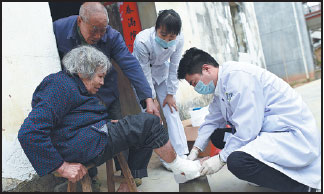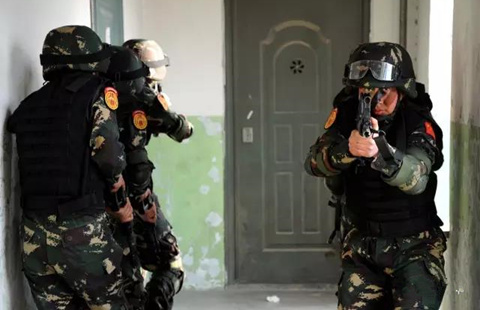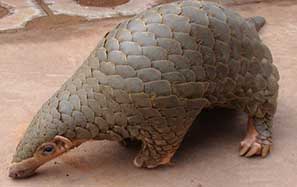Germ war victims receive treatment
For decades, Tu Maojiang has dreamed about wearing leather shoes. The 73-year-old from East China's Zhejiang province, was a victim of Japanese biological warfare during World War II.
His home in Xilongkou village, Quzhou, still has the fortifications that were laid by Chinese soldiers during the war. "My parents told me that the Japanese would raid our houses and take away the livestock," he said. "When they came we all rushed to hide. An old man who didn't was shot dead in his home."
Those who survived the raids may have escaped death, but their suffering would be long and drawn out. Tu and his father, uncles and three brothers soon showed signs of a severe bacterial infection, which caused their legs to rot and left them in constant pain.
The disease was not just limited to Tu's family, their symptoms - itchy, festering, pus-filled wounds - were common among those who lived along the railway line. The symptoms were consistent with glanders, one of the many biological and chemical weapons that the Japanese experimented with during World War II.
For half a century, Tu's oozing wounds meant that he could only comfortably wear wellington boots or sandals.
But in 2015, Wang Xuan, a lawyer for the Association of Chinese Victims of Germ Warfare, Wang Zhengguo, an academician with the Chinese Academy of Engineering, and internet giant Tencent jointly launched a project to help people like Tu to access medical treatment.
Under the program, he was admitted to Quhua Hospital in November 2015. "We removed the scabs, cleaned the wound and made skin grafts," said Zhang Yuanhai, deputy head of the hospital. Between September 2015 and the end of last year, the hospital treated 57 patients, most of whom had to have operations.
One of the patients, named Luo Shouxiang, left hospital the day before Lunar New Year's Eve. "This is the perfect reason to celebrate the New Year," he said with a smile.
Ye Chunjiang, another doctor, said that they were racing against time to cure the victims, so that they can "spend their remaining years in comfort".
The treatment was certainly transformative for Tu, who no longer has to go through a daily routine of changing the gauze on his wounds and applying medication.
|
A doctor changes a dressing on a victim's wound in Quzhou, Zhejiang province, in 2015.Han Chuanhao / Xinhua |


























